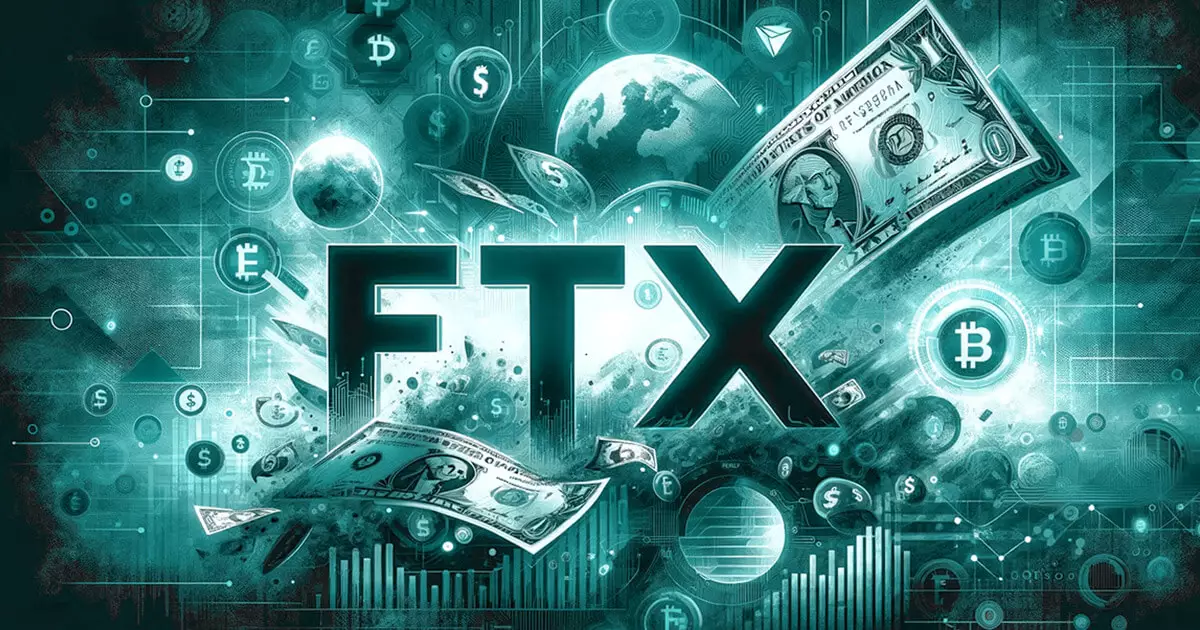The fallout from the collapse of FTX has sparked a new legal battle over the millions of dollars in assets seized from Sam Bankman-Fried (SBF), the former CEO now serving a 24-year prison sentence. Multiple parties are vying for control of these assets, which range from airplanes to shares of Robinhood stock once owned by SBF.
FTX debtors, along with FTX Digital Markets, have filed a petition in the Southern District Court of New York, claiming they have the right to the seized assets in order to repay creditors. On the other hand, a group of FTX customers, led by prominent crypto lawyers, argue that the assets should be returned directly to the users, bypassing the bankruptcy process entirely. The tension between these two groups sets the stage for a complex legal battle.
The outcome of this legal dispute will have significant implications for FTX customers and the broader crypto ecosystem. If the assets are returned to the customers, it could provide some relief to those who lost funds in the FTX collapse. However, if the assets are used to repay creditors, it may offer a better chance at recovering lost funds for all parties involved.
As the legal battle unfolds, concerns from creditors like Sunil Kavuri, who testified against SBF, continue to mount. The proposed reorganization plan for FTX is also under scrutiny, with some customers voicing objections. The sentencing of other former FTX executives adds another layer of complexity to the situation, making the overall outcome of the case uncertain.
The resolution of the legal battle over seized assets from the FTX collapse will not only impact the recovery rates for victims but also shape the future of the crypto industry. The court’s decision on how to distribute these assets will set a precedent for similar cases in the future and may influence the level of trust users have in crypto exchanges.
The legal battle over seized assets from the FTX collapse highlights the complexities and challenges that arise when dealing with the aftermath of a major exchange failure. The outcome of this case will have far-reaching implications for all parties involved and may shape the future of the crypto industry as a whole.

